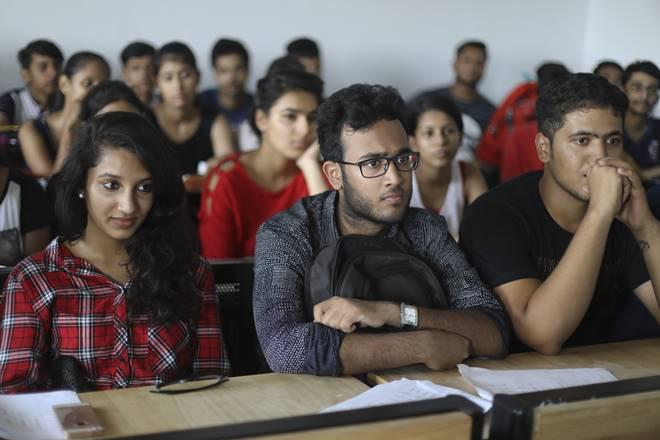This development can come as big blow to all the aspiring engineers who are planning to take the entrance for the upcoming year. The All India Council for Technical Education (AICTE) releasing its new approval handbook on Friday evening declared that the number of BTech/BE seats in the country is set to go down by almost a lakh in 2018-2019. The technical courses that have witnessed a steep slide in the number of students taking admission in the last five years will now have their intake reduced by almost half from the next academic session. This includes all the colleges that had less than 30 per cent admissions in consistently in the last 5 years.
Engineering makes up 70 per cent of the technical education seats in India. Management (MBA), pharmacy, computer applications (MCA), architecture, town planning, hotel management and ‘applied arts and crafts’ form the rest. Of the 15.5 lakh BE/BTech seats in 3,291 engineering colleges across the country, over half (51 per cent) were vacant in 2016-17, according to AICTE data.
It is being reported that in the future, deemed universities will have to seek the regulator’s approval for their technical courses. Till now, these universities were under the UGC’s purview and were not under the compulsion to approach AICTE before commencing a technical programme. This had lead to an unbridled expansion of engineering seats in the country. It has been categorically mentioned in the handbook that Council will henceforth not permit the establishment of a new college if the state government concerned has refused a NOC (No Objection Certificate) to the applicant, based on a perspective plan. A perspective plan maps the current situation of the industry, jobs and total seats in education, and uses that to predict the demand for engineers.
Indian Express in its three-month-long investigation to find out why engineering seats were going unfilled found glaring gaps in rules and regulations. The alleged corruption and a vicious circle of poor infrastructure, labs and faculty; non-existent linkages with industry; and the absence of a technical ecosystem to nurture the classroom. This was the reason why the employability of graduates and job placements were in a bad state. The AICTE’s decision to reduce the intake in courses with poor admissions by half from the next academic year is aimed at addressing this gap.

